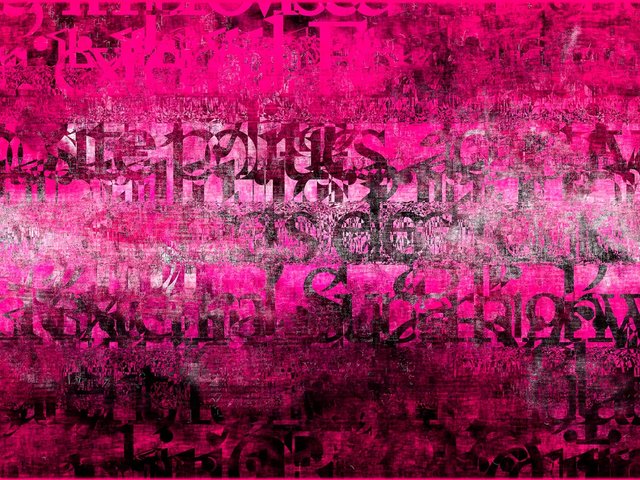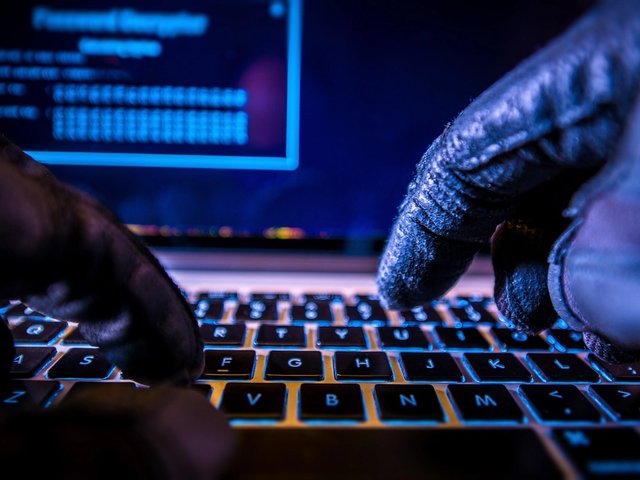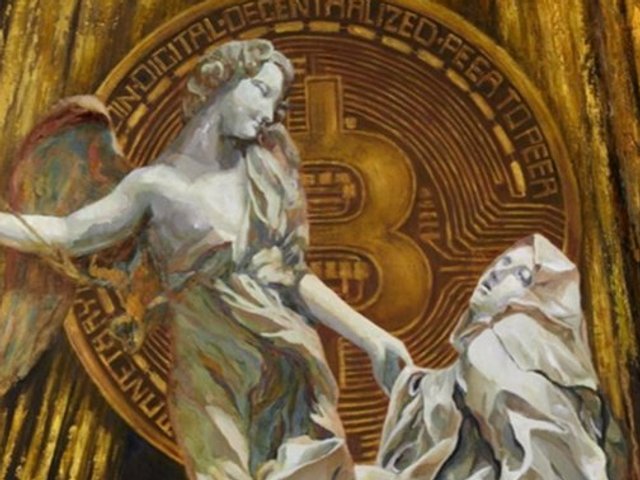The UK’s High Court has recognised NFTs (non-fungible tokens) as “property” in a case which is likely to have far-reaching implications for disputes involving digital art.
The action was brought in March this year by Lavinia Osbourne, the founder of Women in Blockchain Talks, who claimed that two digital works from the Boss Beauties collection, an NFT-based initiative designed to “create opportunities” and raise funds for females, had been stolen from her online wallet.
In a judgement, due to be published later this week, the judge held that the assets were “property” and thus able to have access to legal protections—in this instance, an injunction served on accounts on Ozone Networks (which hosts the NFT marketplace OpenSea), to freeze the assets, and a Bankers Trust disclosure “compelling [OpenSea] to send information about the two account holders” who currently hold the NFTs.
An additional permission to serve the orders, regardless of jurisdiction, is also significant for cases involving digital art, given that the physical location of those involved is often unknown.
“It is of the utmost significance as, for the first time in the world (as far as we are aware), a court of law has recognised that an NFT is property capable of being frozen by way of an injunction,” says Racheal Muldoon, a counsel on the case, with 36 Commercial law. “This ruling, therefore, removes any uncertainty that NFTs (as tokens consisting of code) are property in and of themselves, distinct from the thing they represent (e.g., a digital artwork), under the law of England and Wales.”
OpenSea have since blocked the sale of the NFTs on the platform but did not immediately respond to request for comment.
The intelligence firm, Mitmark, was brought in to collate evidence for the case and is continuing to support attempts to identify the current holders of the tokens and facilitate their return.
“We conduct various investigations to assist those who have fallen foul of scams/hacks. The volume of money involved is astronomical—a huge, huge volume linked to large-scale highly organised crime groups, who operate at a global level,” says Rob Moore, the head of intelligence at Mitmark.
Such cases will be watched closely by the art market given the rapid growth of digital art business on platforms which remain largely unregulated and lacking in major legal precedents. The news of this ruling also arrives as reports emerge of a court ruling in Hangzhou, China, this week, in which an NFT marketplace, NFTCN, was allegedly held accountable for letting a user “create tokens from a stolen artwork”, by the artist Ma Qianli.
“Hacks and theft are increasingly a common problem for NFT holders. Now that the courts have recognised that NFTs are property, holders can rest assured that they will be supported and have recourse in this jurisdiction should their wallet be compromised and their NFTs stolen. Others in jurisdictions, such as the US, do not have this security. In this sense, the courts here are leading the way internationally in protecting crypto-asset holders,” Muldoon adds.






